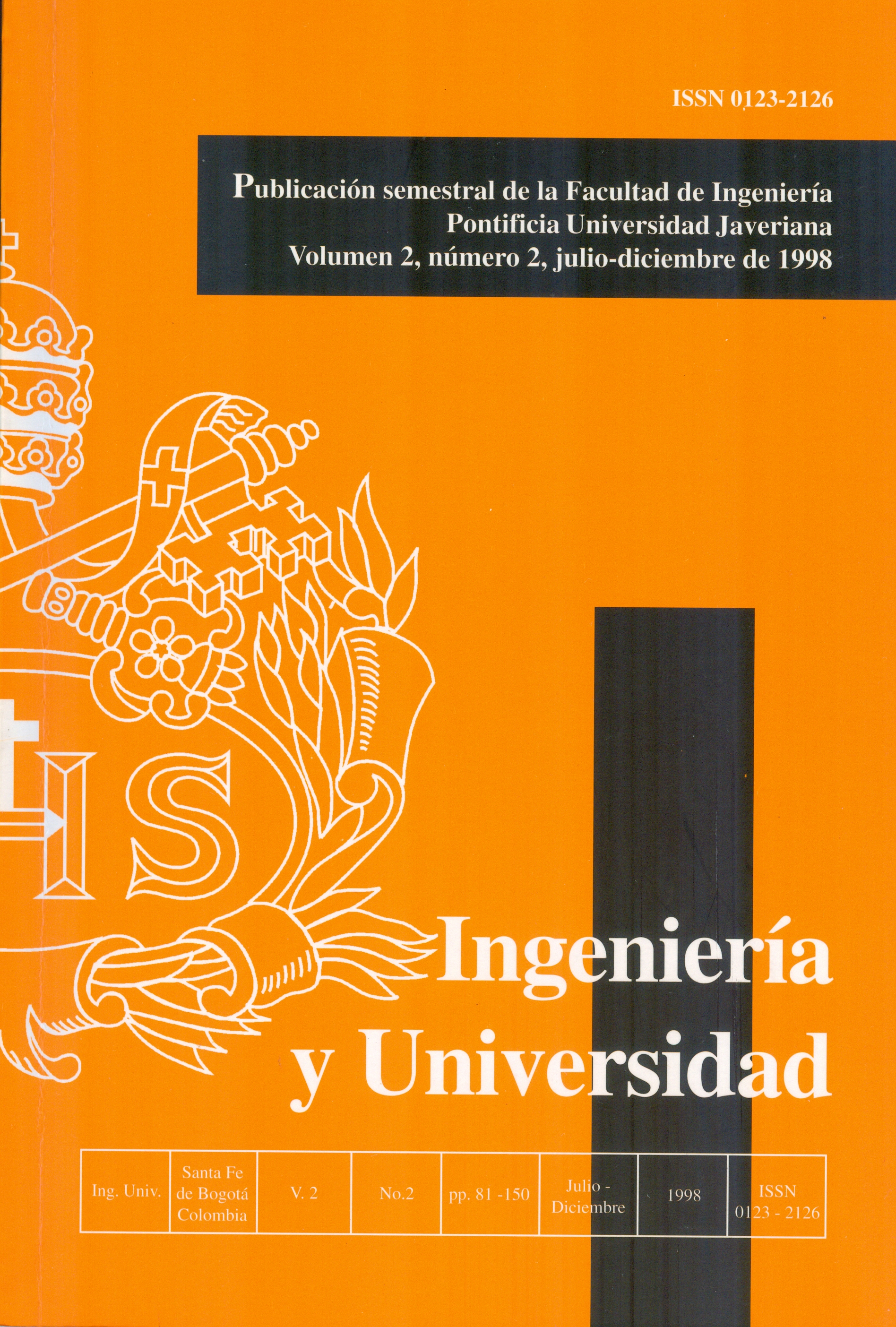Resumen
El propósito principal de este artículo es adentrarse en el concepto de memoria organizacional y su aplicabilidad en las organizaciones. Ya que este concepto está relacionado con el procesamiento de la información, se busca de otra parte explorar el papel y el uso de los sistemas de información en este campo. El marco metodológico del artículo se basa en la exploración de las principales características de la memoria humana y cómo este concepto se encuadra en un contexto organizacional. Para los propósitos de este artículo el entendimiento de la organización misma tiene que ver con la red de interrelaciones en el comportamiento de los individuos. Este artículo intenta motivar otras investigaciones acerca de los procesos de aprendizaje organizacional. de memoria organizacional y de la tecnología de la información.
Andreu, R., and Ciborra, C. Organisationallearning and core capabilities development: the role of IT In: Journal of Strategic Information Systems, 5, 1996. 111-127.
Argyris, C. Good communication that blocks learning, In: Harvard Business Review, July-August, 1994, 77 - 85.
Argyris, c., and Schon, D. A. Organisational learning, A theory of action perspective. Reading: Addison-Wesley, 1978.
Cohen, M., and Bacdayan, P. Organisational routines are stored as procedural memory - evidence from a laboratory study. In: Organisation Science, 5(4), 1994,403-429.
Daedalus, Special issue on artificial intelligence. Winter, 1988
Dutta, S. Strategies for implementing knowledge-based systems. In: IEEE Transactions on Engineering Management, 44 (1), 1997, 79-90.
Flood, R., and Jackson, M. Creative problems solving: Total systems intervention. Chichester: John Wiley and sons, 1991.
Higgins, E. T., and Bargh, J. A. Social cognition and social perception. In: Annual Review of Psychology, 38, 1987,369- 425.
House, R. J., and Singh, J. y. Organisational behaviour: some new directions for 110 psychology. In: Annual Review of Psychology, 38, 1987, 669-718.
Johnson, M. K., and Hasher, X. Human learning and memory. In: Annual Review of Psychology. 38. 1987, 631-668.
Klavehn, A. R., and Bjork, R. A. Measures ofmemory. In: Annual Review of Psychology, 39. 1987.475-543.
Lloyd, E. S., and Ralph, E. S. The concept of organisation mind. In: Research in the Society of Organisation, 5,1987,135-161.
March, J. G. and Olsen, J. P. Ambiguity and choice in organizations. Oslo: Universitets - Forlaget, 1978.
March, J. G. and Simon, H. A. Organizations. New York: Wiley and sons, 1958.
Matthew, J. Organisational learning: collective mind or cognitivist metaphor. In: Management and Information Technology, 5 (1),1995,61-77.
Morgan, G. Images of organisations. Beverley Hills: Sage, 1986.
Rapaport, M. Computer mediated communication. New York: John Wiley and sons, 1991.
Senge, P. M., and Sterman, J. D. System thinking and organisationallearning: acting locally and thinking
globally on the organisation of the future. In: Modelling for Learning Organisational. New York: John Wiley and sons, 1996.
Stein, E. W., and Zwass, V. Actualising organisational memory with information systems. In: Information Systems Research, 6(2), 1995,85-117.
Tulving, E. and Schacter D.e. Priming and human memory systems. In: Science, 247, 1990, 301 - 306.
Walsh,1. P., and Rivera, U. G. Organisational memory. In: Academy of Management Review, 16(1), 1991,57-91.

Esta obra está bajo una licencia internacional Creative Commons Atribución 4.0.


